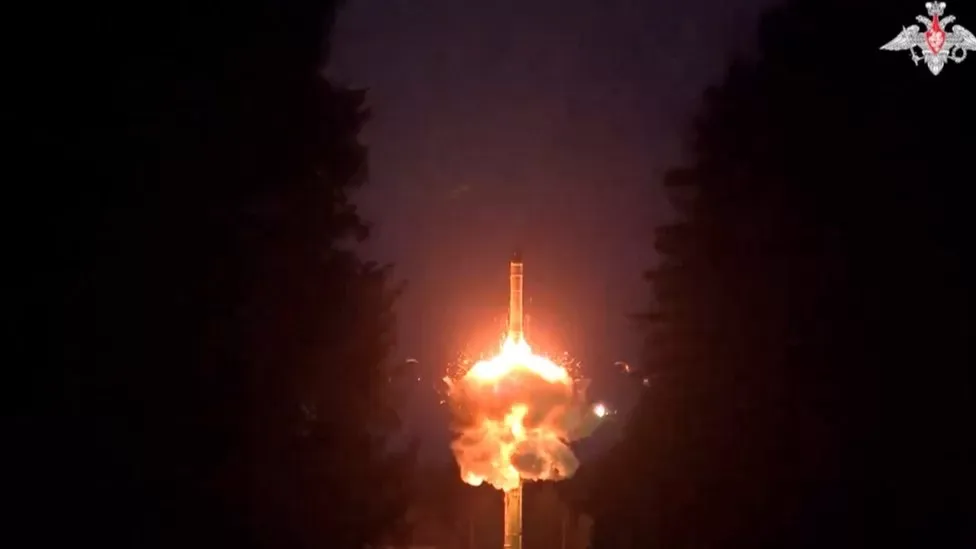Russia formally withdraws from European Conventional Armed Forces treaty.
Russia officially withdrew from the Treaty on Conventional Armed Forces in Europe (CFE), the Russian Foreign Ministry announced on Nov.
7. "Russia is finally saying goodbye to the CFE treaty without regret and with full confidence it is right," the ministry's statement read. It also included a series of complaints about the West's actions, arguing that the U.S. and NATO had long violated the spirit of the treaty, and Russia's withdrawal was a natural reaction.
The treaty, originally signed in Paris in November 1990, was aimed at arms control and was initially agreed upon by 16 NATO members and six countries of the former Warsaw Pact, including the former USSR. It officially came into effect two years later. Russian dictator Vladimir Putin signed a bill in May 2023 denouncing the CFE treaty.
As Russia partially suspended its compliance with the treaty in 2007 and fully withdrew from it in 2015, the Nov.
7 confirmation of the official withdrawal will have little practical significance. Putin also signed a a law revoking Russia's ratification of the Comprehensive Nuclear-Test-Ban Treaty (CTBT) on Nov.
2. Russia signed the CTBT in 1996 and ratified it in 2000.
No country besides North Korea has officially conducted a nuclear test in 25 years.
Opinion: Russia's move to de-ratify the nuclear test ban treaty signals Putin's aggravation with the war
At the direction of Russian President Vladimir Putin, Russia is moving to undo its ratification of the 1996 Comprehensive Test Ban Treaty (CTBT) that prohibits all nuclear weapons tests.
This represents another step in the Kremlin's effort to try to punish the United States and the West for their
 The Kyiv IndependentSteven Pifer
The Kyiv IndependentSteven Pifer